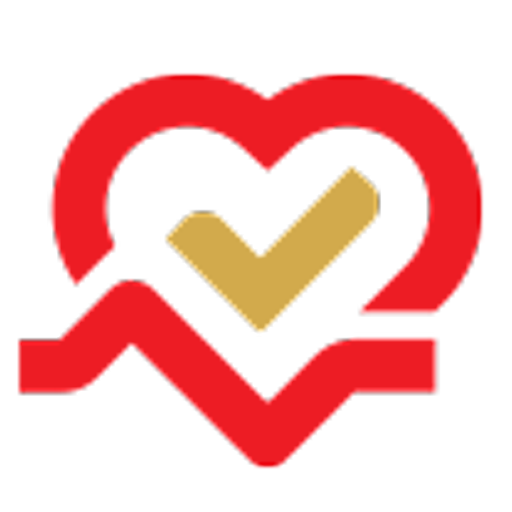Echo of Mary in Mashhad
One way to have a heart echo is through the esophagus (esophageal echo). An esophageal echo is prescribed by a doctor when he or she wants to look more closely at the heart and check for heart conditions, including blood clots.
The esophagus is the tube that connects the mouth to the stomach. In echocardiography, a transducer is inserted into the esophagus. It uses high-frequency sound waves to study the structure of the heart. The reason why this transducer is placed in the esophagus is because the esophagus is very close to the heart, and with the help of this device, the doctor can see clear and accurate images of the heart. It can also be said that many heart diseases such as mitral valve disorders, blood clots or lumps inside the heart, rupture of the aortic lining and the structures and functions of the artificial heart valves can be better diagnosed and evaluated with this method.
The esophageal echocardiogram uses sound waves to take pictures of the cavities and muscles of the heart, the valves and the outer layer of the heart (pericardium), as well as the blood vessels that connect to your heart. This method can also be used to diagnose congenital heart disease, diagnose heart failure and diseases, as well as diagnostic tests before heart surgery.
Of course, there are some limitations to using this device. For example, if the patient is overweight or even has lung problems, the images taken from the heart through the device may be distorted.
After this test, you may feel a slight discomfort in your throat for two or three days, which of course is not important and will go away soon.
Why do you have an echo test through the esophagus?
As mentioned, some heart conditions may not show up on ECG or other tests, such as exercise tests; Therefore, your doctor may decide to have a clear and accurate image of your heart based on your diagnosis so that he or she can see blood clots or other possible problems clearly. Because the esophagus is close to the heart, this device can create accurate 2D and 3D images of your heart for your doctor.
With these pictures, your doctor can find the structural and functional problems of your heart and take action to solve them. An esophageal echocardiogram gives clearer images of the upper chambers of your heart and the valves between the upper and lower chambers of the heart than a standard echocardiogram.
In general, a doctor can use an esophageal echocardiogram to find information such as the size of the heart and its wall thickness, how your heart is pumping blood, whether there is abnormal tissue around your heart valves that could indicate a bacterial infection. It is viral or fungal or cancerous, or whether blood is pumped out of your heart valves, which means you have heart failure, or whether your heart valves are narrow or blocked. Also, if there are blood clots in your heart cavity, especially the upper cavities, your doctor can detect them.
There are also conditions in which your doctor may order an esophageal echocardiogram to check for signs and symptoms. Diseases such as atherosclerosis or gradual blockage of blood vessels by fats or other substances in the blood, cardiomyopathy or enlargement of the heart due to thickening or weakening of the heart muscle, congenital heart disease such as ventricular septal defect, heart failure in which the heart muscle is strong They do not have enough to pump blood, and aeurysms or weakened and bulging aortic arteries, heart valve disease, heart tumors, pericarditis, or infections and inflammation of the heart sac, and the like, all manifest in echocardiography through the esophagus. This illustrates the need for echocardiography.
Another important case in which esophageal echocardiography can be very important is before heart surgery. The doctor may want to make sure before the heart surgery that the aorta or other coronary arteries are not blocked so that the patient does not have a heart attack during the surgery.
Tips to follow before echocardiography through the esophagus
To perform this test, the person must be fasting. Before the test, the doctor asks the patient questions that the patient must answer carefully and honestly. If you are taking any medication, whether chemical or herbal, or you are allergic to local anesthetics, be sure to talk to your doctor.
Also, be sure to tell your doctor if you have a specific illness. Your doctor may want to inject you with a sedative before the test, so be sure to report this to your doctor if you are taking alcohol or any other medication to avoid drug interactions. It is good to know that the whole process will eventually take half an hour.
If you live in Mashhad or are in this city, we suggest you visit the cardiologist clinic. The Cardiography Clinic, with its advanced echo devices, takes good care of the patients’ condition so that, if necessary, the necessary and appropriate cardiac treatments can be performed on them. Sometimes the clinic provides preventive services to patients.
Heart Clinic Negar, Keep Your Health
Cardiograph Negar Clinic with a full team of specialists and fellowships in cardiology and advanced cardiac equipment is one of the best heart centers in Mashhad to all those who are concerned about the health of their heart and family can be in the shortest possible time and with access Easy to use its services
Cardiography clinic equipped with different departments including exercise testing clinic, ECG holter and blood pressure holter, three-dimensional echocardiographic stress echocardiography, cardiac nuclear scan, heart rehabilitation department, specialized and subspecialty cardiovascular clinics, endocrine consultations , Lung, digestion and nutrition and psychology.
We are the mother of Negarzamin Heart Clinic. We guarantee your health. Contact us for more information

